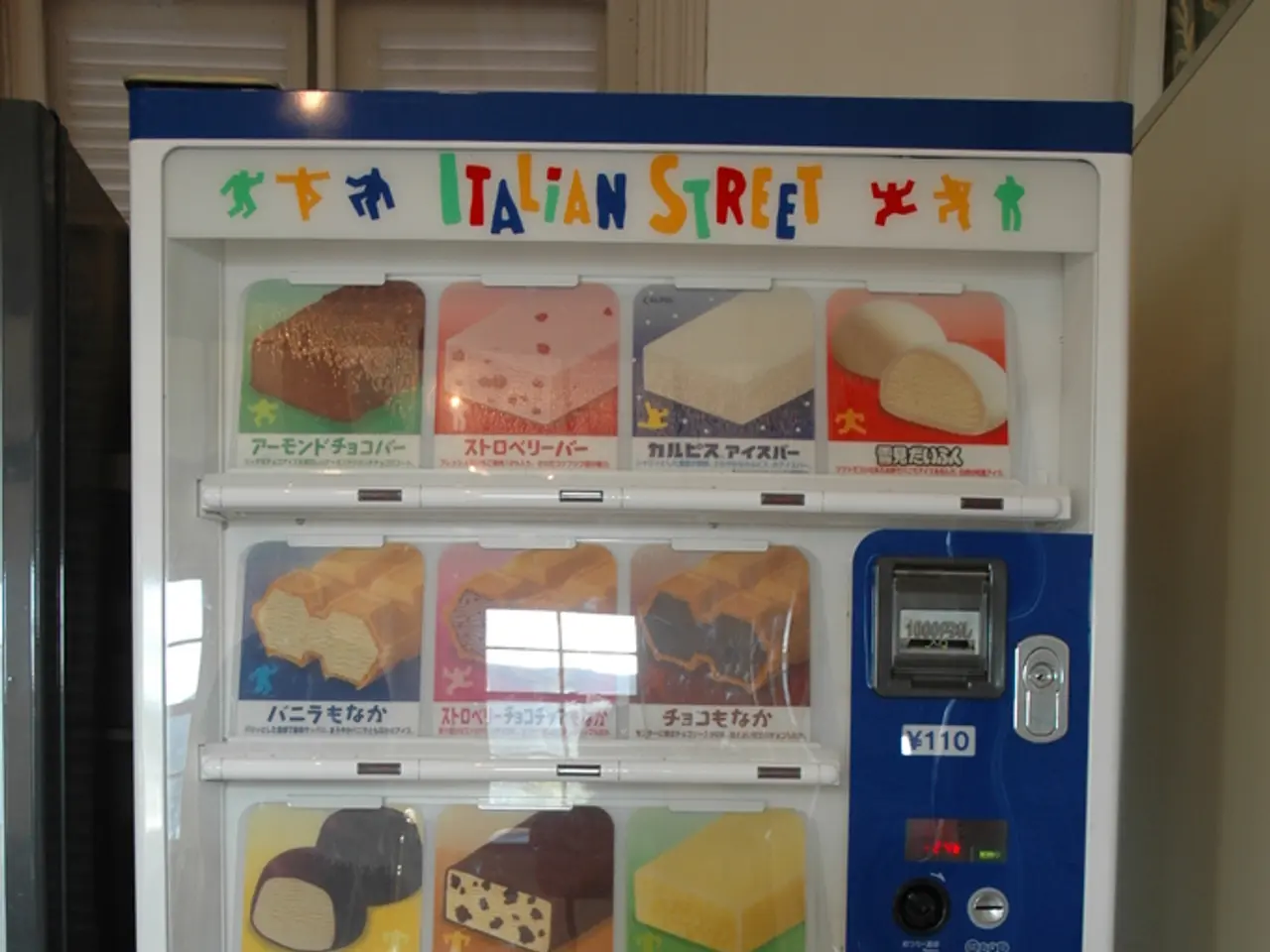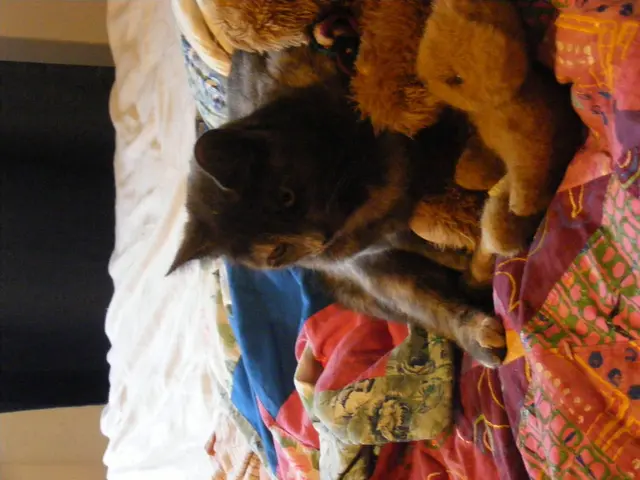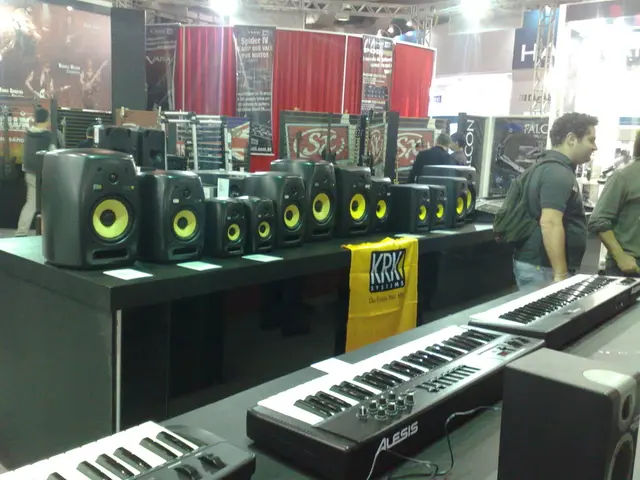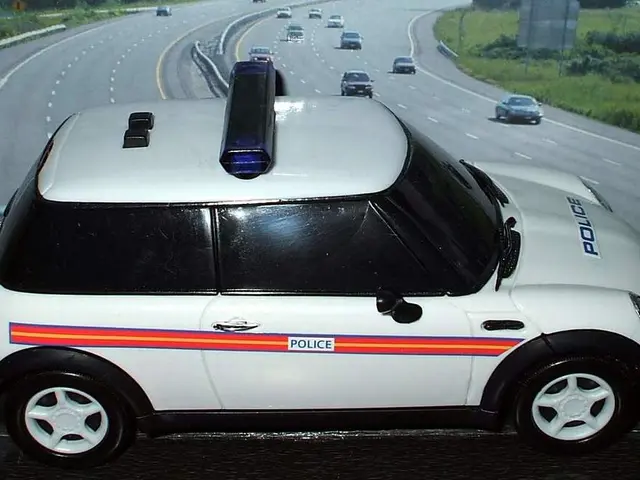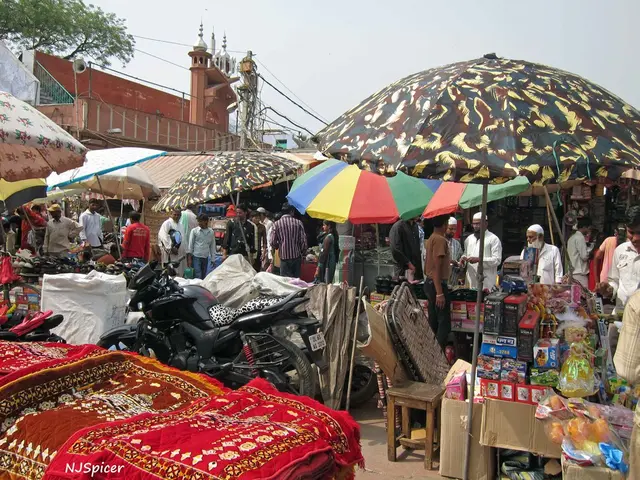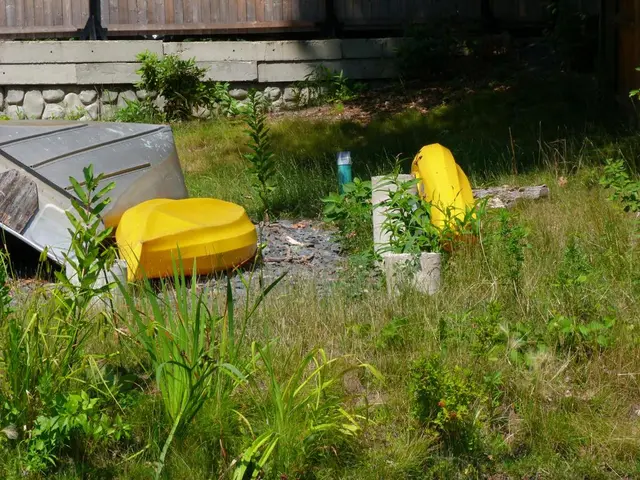California Tightens Regulations on Sweepstakes Lounges
In the Golden State, a contentious issue is brewing around the legality and impact of sweepstakes cafes. These establishments, often referred to as sweepstakes casinos, have been a subject of debate due to their gambling-like nature and potential consequences on local businesses and public safety.
Assemblymember Rudy Salas (D-Bakersfield) has taken the lead in this matter, introducing a bill to the California Legislature aimed at closing loopholes that allow sweepstakes cafes to operate. Salas, working in collaboration with the Department of Justice, the FBI, and local authorities, seeks to stop these cafes from offering games in the state.
The bill's introduction comes amidst growing concerns from local business owners about an increase in crime near sweepstakes cafes. Sergeant Joe Grubbs, a law enforcement official, has stated that these businesses are illegal and considered gaming, which is illegal in California.
However, as of August 2025, sweepstakes cafes remain legal and active in California, with over 100 such establishments operating across the state. The Kern County District Attorney's Office has previously won a ruling at the appeals court level against a sweepstakes cafe, but the business reopened using new software.
The business model of sweepstakes cafes is somewhat distinct from traditional gambling. They often claim to be sweepstakes to bypass state gaming laws by requiring purchases of products like phone cards or Internet service time. Each purchase provides credits that can be used on computers with simulated slots and casino games. Each credit is an entry into a contest, with the outcome determined before the "game" is played.
Despite the ongoing regulatory efforts, concrete evidence on the local business impact and public safety consequences of sweepstakes cafes in California is currently limited in public reporting. However, Assemblymember Salas has reported issues of drugs and prostitution near these cafes, as well as impacts to legitimate businesses. He also claims that sweepstakes cafes attract a criminal element to neighborhoods.
In Bakersfield, a sweepstakes cafe was raided two weeks prior, with authorities seizing over $3,000 and dozens of computers. This would allow cities and counties to bring civil charges against operators who continue to offer such games.
The issue of sweepstakes cafes is not unique to California. Many states have moved to close loopholes allowing these businesses to operate due to their unregulated nature and violation of gaming laws. Sweepstakes cafes are a problem in multiple states, including South Carolina, Connecticut, and Florida.
The California Bureau of Gaming Control issued an Advisory in December stating that sweepstakes parlors are prohibited by state law. Yet, the cafes continue to operate, sparking ongoing scrutiny and regulatory efforts.
This article was posted on May 3, 2014, and was last updated on June 23, 2025. As the debate continues, it remains to be seen how the California Legislature will address the issue of sweepstakes cafes and whether regulation or possible restrictions will be implemented.
[1] Source: American Gaming Association data [3] Source: California Legislative Information website
The ongoing issue regarding the legality and impact of sweepstakes cafes, often referred to as casino-and-gambling establishments, remains contentious in California. With growing concerns about their gambling-trends, Assemblymember Rudy Salas has introduced a bill aiming to close loopholes and curb their operation, owing to potential risks on local businesses and public safety. However, the decision on how to address this issue is yet to be made by the California Legislature.
